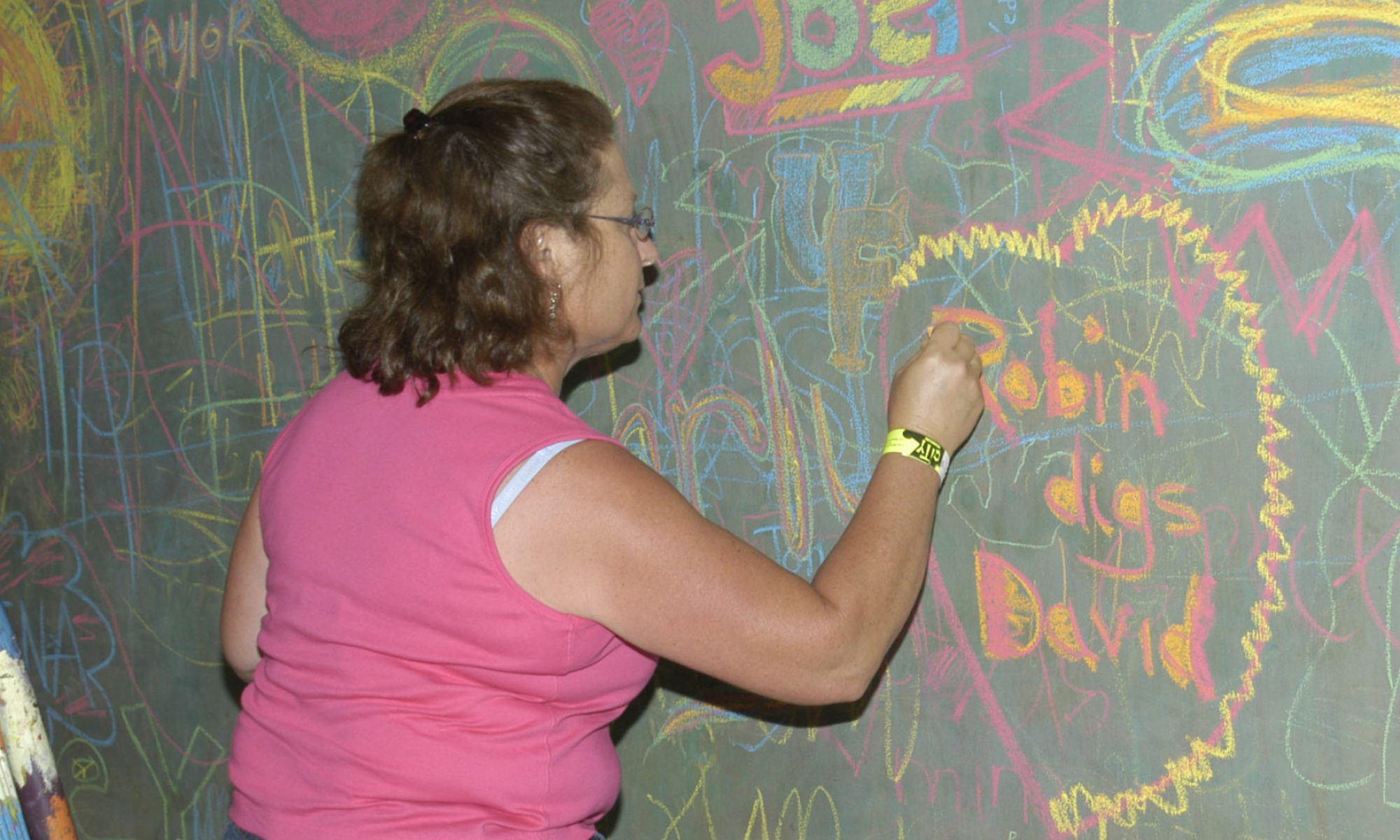 I just finished listening to the audio book of Alan Paton’s Cry, The Beloved Country. This is a wonderful book in whatever format it is experienced. However, the reader of the audio book was absolutely perfect, pegging the South African accents of various peoples.
I just finished listening to the audio book of Alan Paton’s Cry, The Beloved Country. This is a wonderful book in whatever format it is experienced. However, the reader of the audio book was absolutely perfect, pegging the South African accents of various peoples.
The book was published in 1948 and set in 1946. It is a book of many flavors including that of a cautionary tale. Knowing a little of the history of South Africa after 1948 made the story somewhat poignant. It is a religious book, but in a bigger sense a book about the human spirit. Occasionally the issues in the story were extremely hard to deal with. It is definitely a book of social commentary.
The central character is an elderly Zulu man who is an Anglican minister in a very rural part of the country. Through him, it deals with the theme of the breakdown of the tribal system, with what happens to displaced tribal people who end up in large cities and the exploitation of blacks by the white settlers. It is a book about the despair of losing those dear to us, either through death or through forces beyond their control. It is a book about what it means to become aware of a larger world. However, in the end, it is a book about hope.
The language is remarkable. The word pictures that Paton used to describe both rural Africa and the city of Johannesburg made me feel that I was there.
I read this book as Robin had a copy of it from her college days. Cleaning up a bookcase, she rediscovered that she had it, and came with it to me telling me how it had affected her. It is that type of book. Anyone who reads very much knows that most books fade from memory, but there are always a few that stand out. For me, I am sure this will be one of those.
There is a couple Zulu phrases that struck me as being meaningful for our times. In Stephen Ambrose’s book, Undaunted Courage, he talked about how letters of old frequently began with inquires of health and statements of health. Given the state of medicine until the last hundred years or so, disease and illness were frequently at the forefront of people’s thoughts. No doubt native, tribal folks of Africa had many of the same fears and worries. As expressions on parting, similar to “I will see you soon”, the Zulus used, “keep well” and ”go well”. The person departing would say, “keep well.” The person remaining would say, “go well.” I find myself and others using similar expressions about health safety in this time of corona virus.
And that, my friend, was what I was wanting to share…these wonderful Zulu expressions that seem so relevant to our times.
Keep Well.
